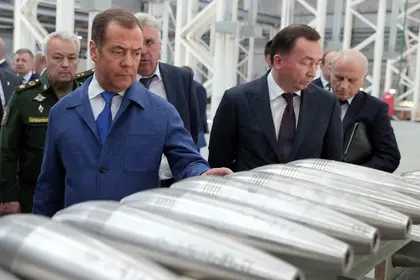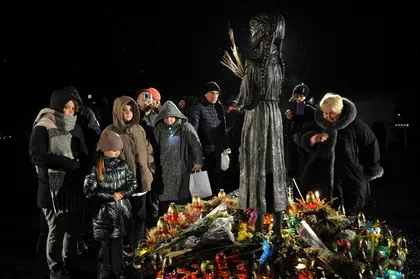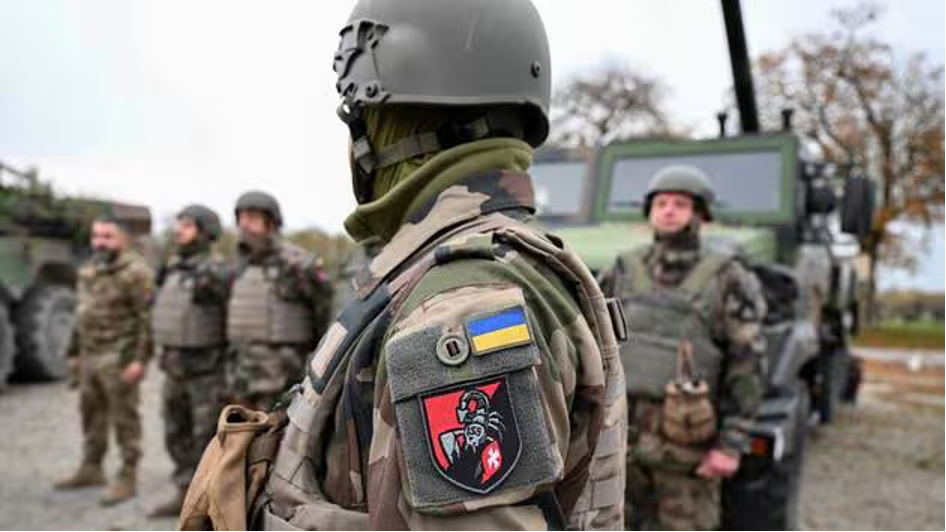The European Parliament on Thursday, Dec. 15, approved a resolution declaring the 1930s starvation of millions in Ukraine under Soviet leader Joseph Stalin a "genocide".
The text said the EU legislature "recognises the Holodomor, the artificial famine of 1932-1933 in Ukraine caused by a deliberate policy of the Soviet regime, as a genocide against the Ukrainian people".
JOIN US ON TELEGRAM
Follow our coverage of the war on the @Kyivpost_official.
The step comes days after Ukraine marked 90 years since the famine and as Russian forces wage a devastating war against the country.
Kyiv has urged the international community to officially declare the starvation "genocide" as Ukraine confronts Moscow's modern-day aggression.
The vote by the European parliament is likely to draw ire from Russia, where officials have increasingly sought to rehabilitate Stalin's image under President Vladimir Putin.
EU legislators urged "all the countries and international organisations which have not yet recognised the Holodomor as a genocide to do so".
They also condemned "the current Russian regime's manipulation of historical memory for the purpose of regime survival".
German lawmakers passed a resolution declaring the famine a genocide last month.
The 1932-33 "Holodomor" -- Ukrainian for "death by starvation" -- is regarded by Kyiv as a deliberate act of genocide by Stalin's regime with the intention of wiping out the peasantry.
Stalin's campaign of forced "collectivisation" seized grain and other foodstuffs and left millions to starve.

‘A Gangster Threat That Smacks of Desperation’ – Ukraine at War Update for Dec. 19
The Holodomor has long been a major sticking point in ties between Russia and Ukraine.
Moscow rejects Kyiv's account, placing the events in the broader context of famines that devastated regions of Central Asia and Russia.
The current conflict has fuelled fears that history may repeat itself. Russia's targeting of grain storage facilities and its blockade of Ukraine's Black Sea exports have sparked accusations that Moscow is using food as a weapon of war.
You can also highlight the text and press Ctrl + Enter






